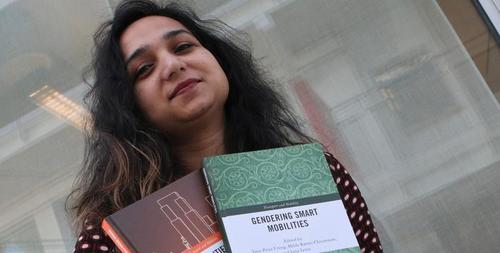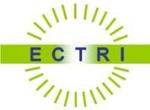This is stated in the book Gendering Smart Mobilities. TØI researcher Tanu Priya Uteng (pictured), Hilda Rømer Christensen and Lena Levin are editors and this is the third volume in the boxing series on mobility.
The book addresses gender perspectives on the implementation of digital technologies and smart solutions to achieve "mobility for all". It draws a critical look at the idea that smart technical solutions will blindly solve the future mobility challenges and points out that developments to date have excluded groups in society, especially related to gender.
From a global perspective, smart solutions have often had negative consequences for women, with the main focus being
• To develop infrastructure that requires the use of a car
• Time savings have been prioritized over user participation when informing about road development projects and land use plans.
• Not including social consequences of urban development
The goal is for the future urban development to be based on inclusive cities and mobility for all, and that mobility and transport are essential to achieve sustainable and gender-equitable development.
- The gender equality perspective has been neglected in the research and design of political solutions both nationally and internationally. This book will help to interpret smart cities, transport, mobility and gender equality in a new context, says Tanu Priya Uteng. There are both potentials and limitations in smart mobility solutions in the light of sustainability and gender equality. What synergies can be created by merging new modes of transport, equality and sustainability, asks Uteng. - The goal is to include all groups in society before smart mobility solutions are implemented, she concludes.






